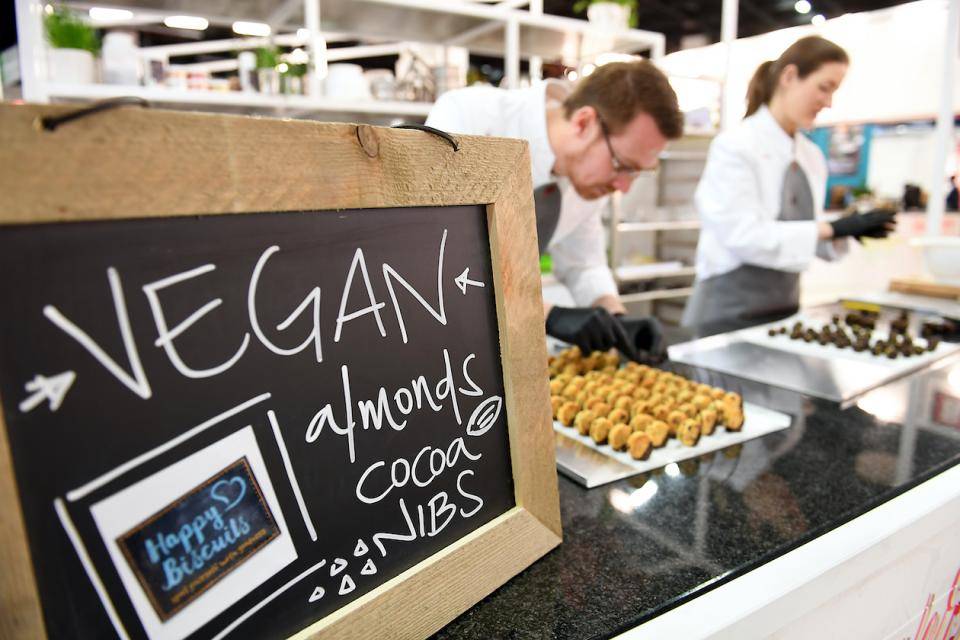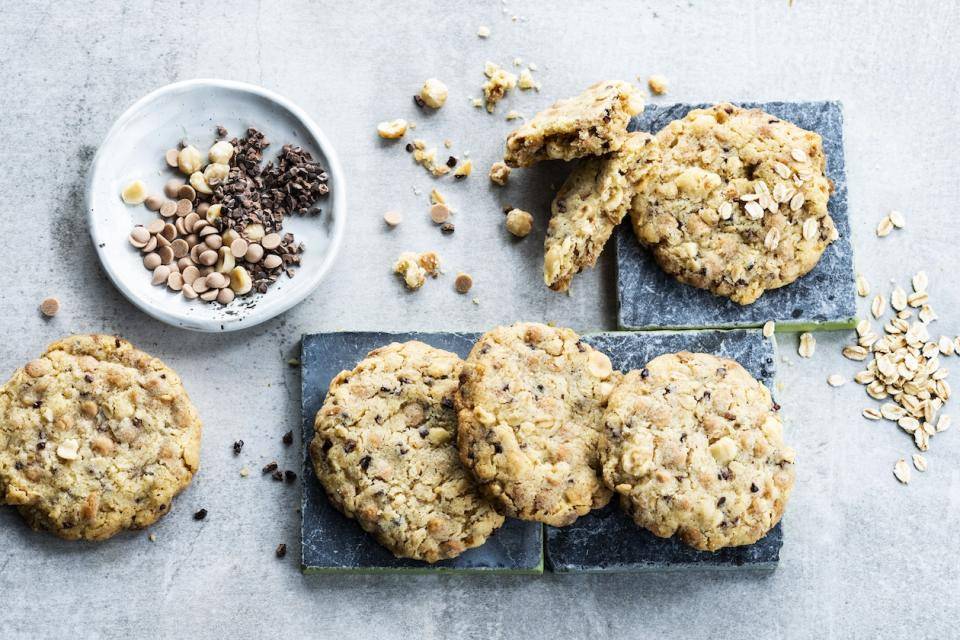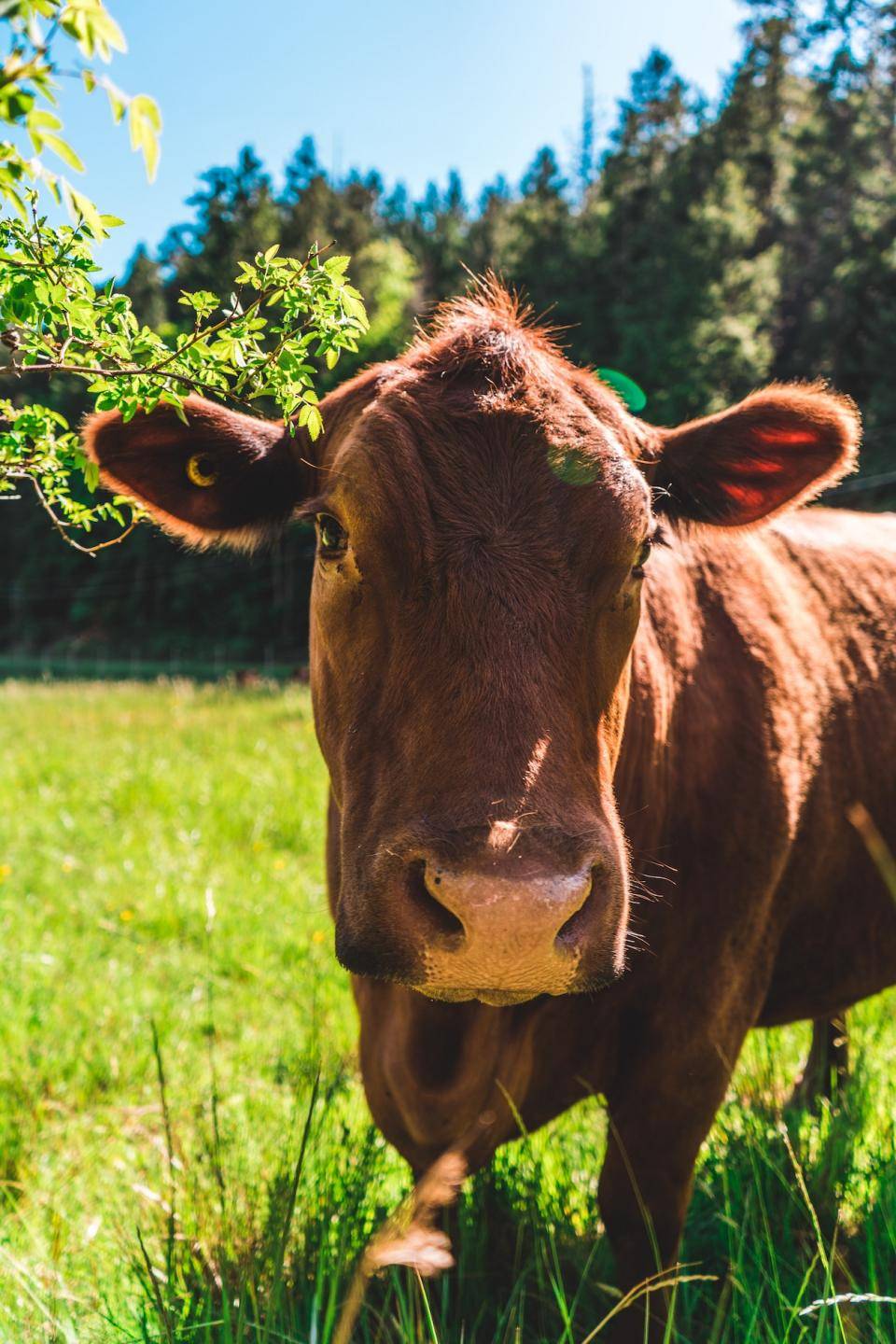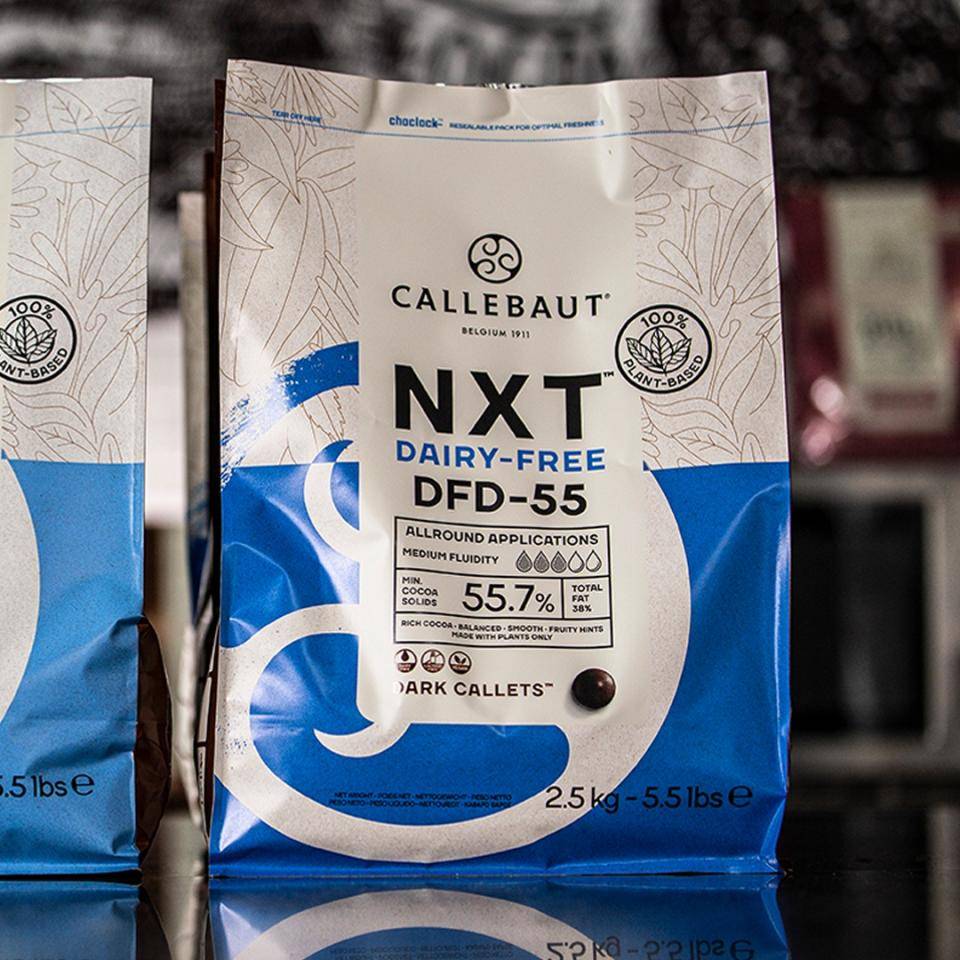Plant-Based for the Planet
Plant-Based for the Planet
Personal convictions, health reasons, and a desire to protect the environment while feeding the world’s growing population are leading consumers to seek alternatives to conventionally-produced animal-based ingredients.
Almost 80% of consumers say low-waste packaging, fair labor practices, animal welfare, and environmental concerns are currently impacting their food choices, and they expect those issues to affect almost all of their food choices in the next 10 years.*

Reasons People Choose a Plant-Based Diet
Health:
A plant-based diet isn’t necessarily healthy**, but choosing to focus on fruits, vegetables, whole grains, and legumes over meat, dairy, and animal-based fats can be an integral part of improving our health. Eliminating foods made from animal-based products can make room in our day for making better food choices and can make a decadent snack or treat less of a dietary transgression.
Sustainability:
Many consumers are looking beyond what’s on their plates to the means by which it got there and how it was processed or harvested. Raising and feeding animals can require a great deal of land, food, and water and can result in undesirable byproducts. Many consumers have chosen to seek out plant-based foods and ingredients in an effort to reduce some of the impact of their everyday snacks and meals.
Customers know that producing non-animal-based products can require as much input as plant-based items, and many look for sustainably grown, sourced, or processed ingredients as well as earth-friendly packaging.

The challenges of switching to vegan/vegetarian ingredients
Sometimes converting a recipe to a plant-based version is as easy as swapping in a vegan or vegetarian ingredient for a conventional one. But some plant-based ingredients don't fit into your recipes so seamlessly. We took a closer look at some common ingredients in conventional desserts and explored possible alternatives.

Eggs
Eggs are just little miracles, aren’t they? Nothing else has quite the balance of liquids, fats, proteins, and other solids, and nothing else works exactly the same way in recipes. While many vegetarians include eggs in their diets, vegans do not. There are a variety of plant-based options for replacing eggs - from flaxseed or potato protein to manufactured egg replacers. Chefs and bakers will find they need to do some research and experimentation to find just the right solution for each recipe, but incredible, plant-based results are achievable!

Milk, Cream, and Butter
Milk/Cream: Gone are the days of one, funky-tasting soy milk option! In an effort to provide delicious plant-based “dairy” that’s pleasing to the palate and an easy substitute in recipes, producers are offering an ever-growing selection of options to replace milk, cream, yogurt, butter, cheese, you name it. Nut milks, like those made from almonds and cashews, are popular and milk made from grains such as oats and rice are widely available. Chefs can find even more interesting alternatives as the market continues to grow: coconut milk can work well for any recipe requiring a high-fat liquid, and other plants such as chufa (tiger nut) are beginning to gain in popularity as well.
Butter: We’ve always had margarine. And before you run screaming from what many consider an inferior-tasting product, know that butter alternatives have come a long way, both in terms of flavor and ingredients. Plant-based butter alternatives, like any ingredient being used to replace a conventional one, require some research and experimentation, but can produce results that will delight customers regardless of their diets.

Chocolate
A glance at the label of your go-to dark chocolate may reveal no animal ingredients. So you're good to go, right? Unfortunately, it's not that easy, and conscientious bakers, chefs, and customers know that details matter when choosing plant-based, good-for-the-planet ingredients. Sometimes what's not on a label is as important as what is.
Anyone who prepares food for the public knows the concept of cross-contamination. You'd never chop apples on a cutting board just used for raw chicken without thoroughly washing and sanitizing it first. And even then, the thought of salmonella lingers, and most of us will grab a fresh cutting board! Similarly, ingredients processed on machinery also used to process likely allergens can be a cause for concern. This is often reflected on modern food labels. Potential traces of nuts or gluten on an item that does not contain either of those ingredients are possible if the item was processed using the same machinery or even the same facility.
As many chocolate manufacturers produce white, milk, and dark chocolate on shared machinery, traces of dairy can find their way into dark chocolate. Unless your dark chocolate is specifically labeled "dairy-free" and/or "vegan," it's possible that it isn't.

Plant-Based Substitutions: Work Smarter
Don’t think your customers are the only ones scouring ingredient lists these days - the companies that produce your ingredients are doing so as well. There’s no way around it: making plant-based products makes financial sense. Rather than making two versions of a top-selling product, it’s much more efficient to make one plant-based product. And this is often as simple as sourcing and switching out one ingredient, lecithin, for example. Take a tip from the “big guys” and do the same! Look for vegan/vegetarian ingredients that work in all of your recipes. Rather than make two or three versions of your top-selling products for different customers, make one version suitable for everyone.
*FoodDive 1/21/2022
** “6 Vegan Foods that Aren’t As Healthy as You Thought” The Beet 1/11/2021




Comments